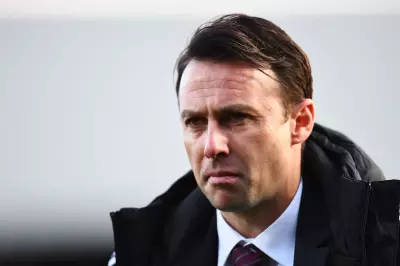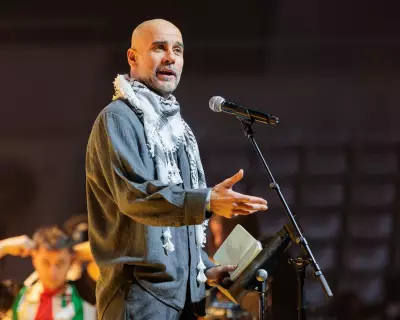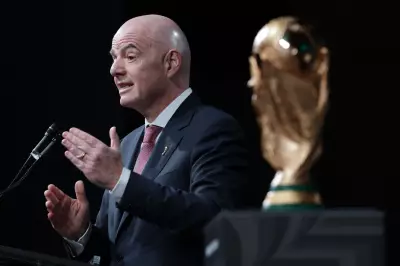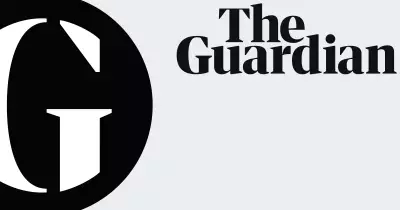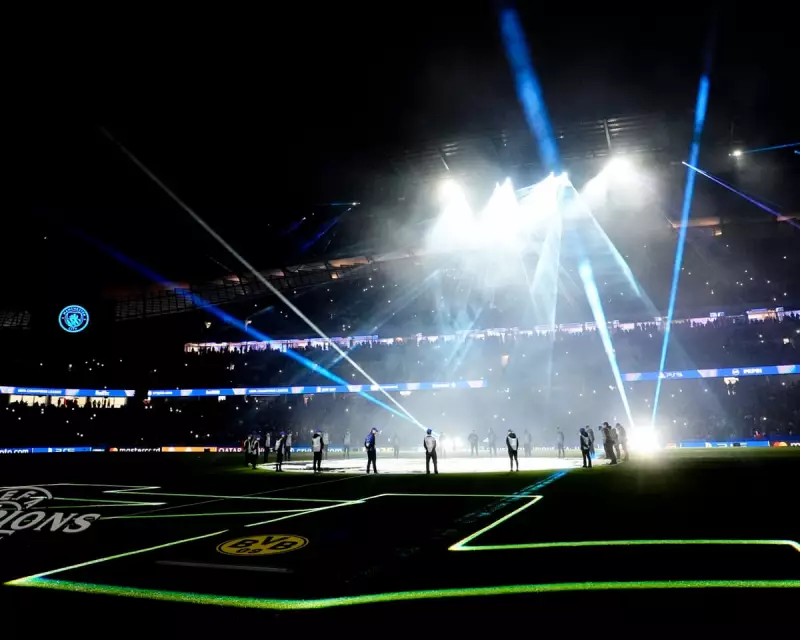
As Manchester City's Etihad Stadium illuminated the Manchester sky before their Champions League clash with Borussia Dortmund, a stark contrast emerged between the vibrant football spectacle and the silence surrounding the club's ownership connections to alleged war crimes in Sudan.
The Unseen Backdrop to Premier League Glory
While English football has witnessed passionate protests against other international conflicts, Manchester City's direct links to the Sudanese humanitarian crisis have drawn remarkably little public attention. The club is owned by Sheikh Mansour bin Zayed Al Nahyan, who serves as vice-president of the United Arab Emirates and stands accused of involvement in what international observers describe as ethnic cleansing in Sudan.
Recent evidence presented to the British government by MP Jeremy Corbyn, and supported by UN and US State Department findings, alleges that the UAE provides resources supporting ethnically targeted mass killings in Sudan. Satellite imagery has captured piles of dead bodies and blood patches, while reports detail the summary execution of 500 people in a maternity hospital and widespread mass rape.
A Tale of Two Protests
The contrast in public response became particularly evident during two midweek matches. While Aston Villa's encounter with Maccabi Tel Aviv prompted significant protests and police presence, Manchester City's Champions League fixture passed without any visible demonstrations regarding Sudan.
The Etihad Stadium saw no 'Free Sudan' flags, no mass protests, and no encampments. Supporters mingled happily in half-and-half scarves as fireworks celebrated the occasion. The only prominent banner thanked Sheikh Mansour for his ownership, while the surrounding area has been commercially rebranded with Etihad branding.
This silence persists despite mounting evidence of Emirati involvement in Sudan's conflict. The New York Times has reported intercepted phone calls between General Mohamed Hamdan Dagalo, leader of the Rapid Support Forces, and Emirati leaders including Sheikh Mansour. Former US envoy Jeffrey Feltman stated: "We always understood that, behind the scenes on Sudan, lay Mansour."
Football's Selective Outrage
The situation raises difficult questions about selective outrage in football governance and fan culture. While the Premier League's fit and proper person test exists to regulate club ownership, it appears ineffective against state-backed entities implicated in international conflicts.
The UAE has become deeply embedded in British cultural and sporting life through what critics describe as sophisticated sportswashing operations. From influencer marketing to high-profile sporting investments, the Emirates present an image of aspirational modernity that contrasts sharply with their alleged involvement in Sudan's descent into hell.
More than 12 million people have been displaced in what has become the world's largest humanitarian crisis, yet the connection to Premier League ownership draws minimal mainstream media coverage or public protest.
The fundamental question remains: why does English football appear comfortable with state ownership linked to alleged war crimes, while simultaneously demonstrating capacity for moral outrage over other international conflicts? As the sport continues to globalize, the ethical boundaries of club ownership demand more consistent scrutiny from governing bodies, media, and supporters alike.

